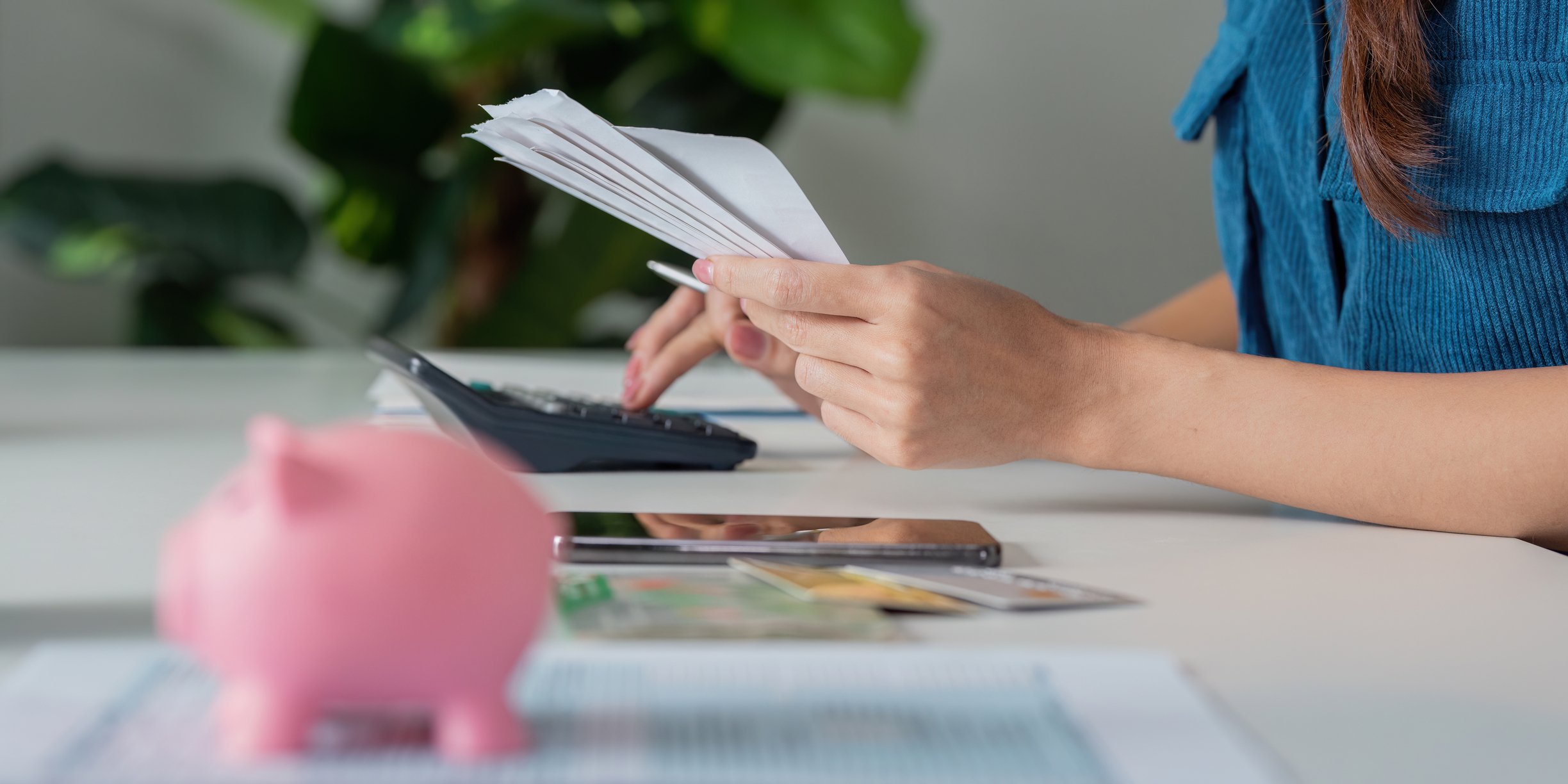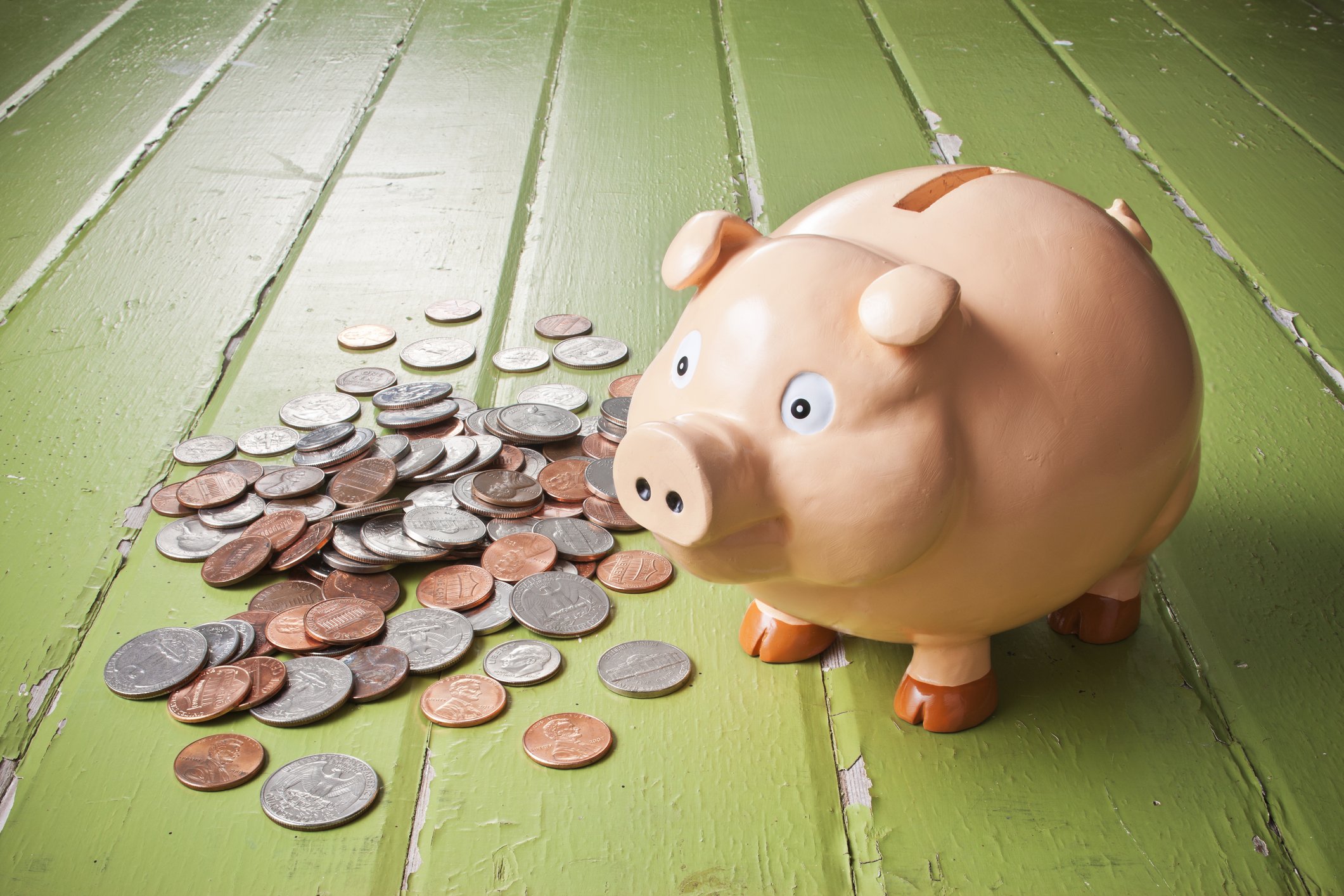Feeling Overwhelmed? Your Budget Might Be the Fix
Introduction
You’re tired. Your brain is buzzing. Every notification feels like too much, and even the small stuff—like replying to texts or making dinner—feels exhausting. You keep telling yourself it’s just a busy week. But what if it’s not just that?
What if part of the chaos isn’t coming from your calendar… but your bank account?
Surprising, right? Most people don’t immediately connect emotional overwhelm with their finances. But money isn’t just math—it’s deeply emotional. And when your money is out of control, the rest of your life can start to feel that way too.
Let’s talk about why your budget might be the secret weapon to feeling calmer, more focused, and back in control.
Why You Might Feel Overwhelmed (And Not Know It’s Money)
We tend to think of overwhelm as a time problem: too much to do, not enough time. But beneath the to-do list, there’s often a more powerful culprit—mental clutter caused by uncertainty.
And money—especially unstructured, disorganised money—creates constant background noise:
“Can I afford that?”
“When’s my next bill due?”
“Where did my paycheque even go?”
“I need to stop spending, but I already feel behind.”
Even if you're not flat-out broke, the lack of a clear plan breeds anxiety. It's like having 42 browser tabs open in your brain, all day long. No wonder you're exhausted.
The Hidden Link Between Money and Mental Health
Multiple studies have shown a direct link between financial stress and mental well-being. According to the American Psychological Association, money is the top source of stress for most adults.
When you don’t know:
What you can afford
What’s coming in vs. going out
How much you owe…
…your brain stays in low-grade survival mode. You’re not just financially insecure—you’re emotionally on edge.
That’s why budgeting isn’t just about saving money. It’s about calming your nervous system.
“Budgeting early helps teens form lifelong habits that lead to better financial and emotional well-being.”
The Calm Budget: A Simpler Way to Feel in Control
Most people avoid budgeting because it sounds rigid, boring, or stressful. But what if you thought of it as a tool for clarity and calm?
Here’s a mindset shift:
Your budget isn’t a prison. It’s a permission slip — to breathe, to spend without guilt, to sleep without anxiety.
Try this approach called The Calm Budget:
Step 1: Simplify into 3 Categories
Needs – Rent, groceries, bills
Wants – Fun, hobbies, coffee runs
Peace-of-Mind – Emergency fund, debt payments, therapy, etc.
This keeps things manageable, not overwhelming.
Step 2: Use One “Calm Account”
Open a second bank account (or use a digital wallet) for just your recurring bills. Auto-transfer enough each payday to cover rent, subscriptions, and utilities. Now you never wonder if you’re short.
Step 3: Try the “Pause & Breathe” Rule
Before impulse-buying something, pause for 30 seconds. Ask:
"Will this help me feel calmer tomorrow, or just distracted today?"
This tiny habit alone can save hundreds—and hours of guilt.
3 Budgeting Habits That Lower Stress Immediately
Here are some practical ways to bring instant peace through better money habits:
1. Do a Weekly 10-Minute Money Check-In
Every Sunday, check your balances, upcoming bills, and spending. Don’t judge—just observe. This turns anxiety into awareness.
2. Set a Peace-of-Mind Goal
Instead of just “saving money,” try:
“I want £500 as a buffer so I can stop panicking before payday.”
Concrete, emotional goals keep you motivated.
3. Delete One Spending Trigger
Unsubscribe from 1 email list or shopping app that tempts you when you're stressed. You don’t need less willpower—just fewer temptations.
Emotional Spending? You’re Not Alone
Overwhelmed minds often spend emotionally: to feel better, to feel in control, to escape. That’s normal—but it can become a loop.
Here’s the good news: Every time you pause, reflect, and spend intentionally, you’re breaking that cycle.
Even small steps—like writing down your expenses or waiting 24 hours before a big purchase—retrain your brain to respond, not react.
Final Thought: Budgeting = Self-Care
We talk a lot about self-care—face masks, walks, bubble baths. But clarity is self-care, too.
Creating a budget is like tidying your mental space. It says:
“I’ve got this.”
“I know what’s coming.”
“I’m not stuck—I have a plan.”
If you’ve been feeling overwhelmed, don’t just reach for time management or productivity hacks. Look at your money. Your stress might not be about how much you have—it might be about not knowing where it’s going.
Start small. Start now. Peace of mind doesn’t have to cost a thing.
FAQ’s
-
That’s totally normal! Start with tiny steps—just track your spending for 3 days. The goal is awareness, not perfection. Over time, you'll associate budgeting with clarity, not restriction.
-
Use the “lowest month” method: base your budget on the lowest income you typically earn. Any extra can go toward savings, debt, or a buffer fund.
-
Yes. Studies show that financial clarity reduces stress and improves mental focus. Even a basic budget gives you a sense of control, which helps ease anxiety.
-
Try a new approach. Most people fail because they aim for too much, too fast. Start small: one account, three categories, one habit at a time. Keep it simple and sustainable.
-
Yes! Some great beginner-friendly tools:
YNAB (You Need a Budget) – great for control freaks (in a good way)
EveryDollar – simple, clean interface
Google Sheets – if you prefer a customisable DIY route









